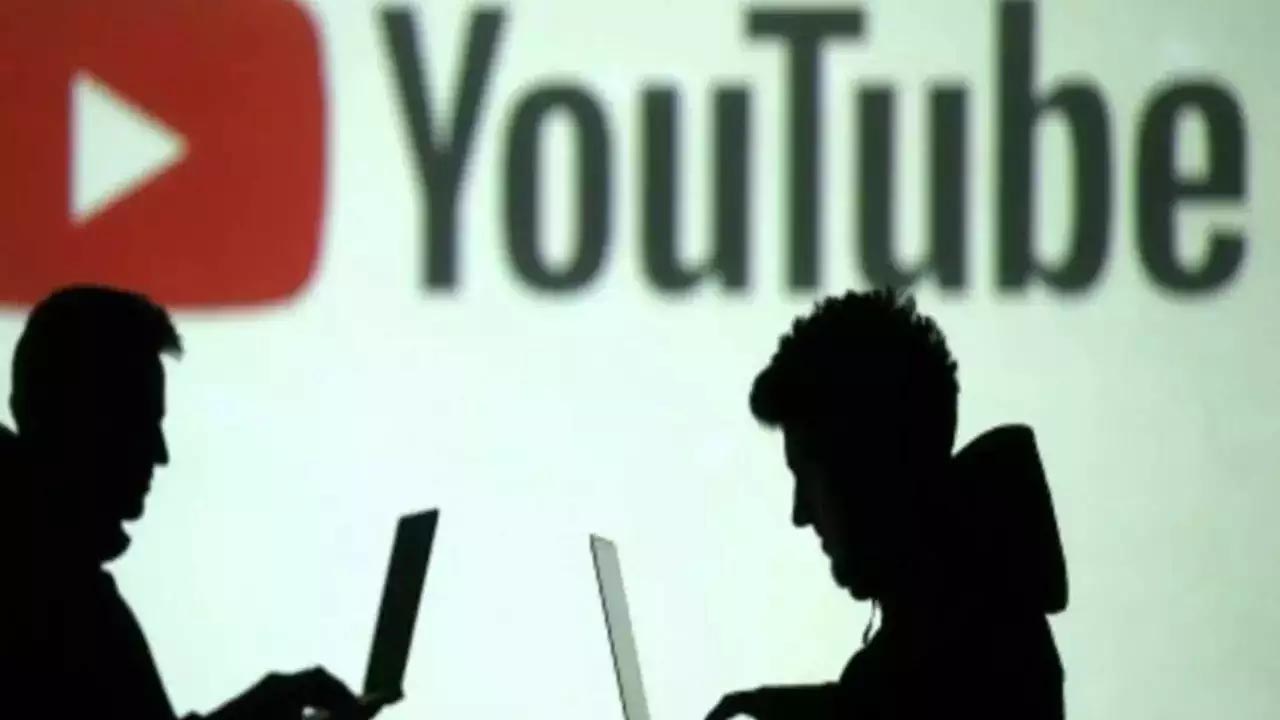Introduction
The issues relating to press freedom, censorship, and internet shutdown continues to gather heat in the current session of the parliament, which began on July 22, as the Central Government was corned over the issues relating to personal liberty and freedom of speech. The Union Government provided deflective responses to the series of unstarred questions posed by the members of the parliament (MPs) in the ongoing session of the Lok Sabha and the Rajya Sabha. Even outside the parliament the issue of press freedom came to fore as the members of the press protested on Monday over media curbs imposed on the entry of journalists in the premises of the new parliament building. As per the Press Club of India, curbs were put on the movement of journalists in the premises of the parliament to prevent them from speaking with the legislators and they were also cleared from the Parliament’s Makar Dwar entrance area, Scroll reported.
Digital Censorship
The Congress Rajya Sabha MP from Madhya Pradesh, Vivek Tankha, posed the question to the Union Government, asking the latter to disclose the number of Youtube channels blocked by it in the last 5 years. In response to this, the Union avoided the question altogether and said that “The Central Government issues directions under Section 69A of the Information Technology Act, 2000 in the interest of the sovereignty or integrity of India, defence of India, security of the State, friendly relations with foreign States or public order or for preventing incitement to the commission of any cognizable offence relating to above in respect of the information on a computer resource.”
Tankha also asked whether due to the Government’s direction to disclose details, WhatsApp is planning to shut its services in the Country? In its reply, the Minister for Information and Broadcasting, and Electronics and Information Technology, Ashwini Vaishnaw, said that “MeitY has shared that WhatsApp or Meta has not informed the Government about any such plans.”
Internet Shutdowns
The YSRCP Lok Sabha MP, P V Midhun Reddy, raised another interesting query to know “whether the Government has taken any steps to provide rules to selectively restrict the use of certain services instead of banning the internet as a whole to ensure minimum inconvenience to the general public and meet the objectives such as curbing misinformation”. Again, a misguided answer was put forth by the Union Government, as it merely stated that state and central governments have the powers under the Temporary Suspension of Telecom Services (Public Emergency or Public Safety) Rules, 2017 to issue orders temporarily banning the internet services, and “In temporary suspensions of internet services in a region, only internet services are suspended temporarily, and other communication services like voice calling and Short Message Service (SMS) remain available during the suspension period of internet services, through which people in the region can communicate and access emergency communication services.” While the question was addressed with regard to internet suspension per se, the evasive reply by the Minister of Communications, Jyotiraditya Scindia, instead focused on non-internet-based communication channels, namely, SMS and voice calls, without answering the primary query raised by Reddy.
Press Freedom
On the issue of declining press freedom, the INC Lok Sabha MP from Kanniyakumari, Vijayakumar, quizzed the Central Government on India’s low ranking in the press freedom index 2024, and asked what actions have been taken by the Government to resolve the issue. He also wondered if the government was aware that the country is ranked 159 out of the 180 nations considered in the 2024 edition of the press freedom index? The government readily dismissed the concerns about deteriorating conditions for freedom of speech and expression, and replied that it is “committed” to ensure the rights of freedom and liberty as enshrined under the Article 19 of the Constitution of India. It countered the claim saying that “during the last 10 years from 2014-15 till date, the number of registered periodicals has gone up 43.9% from 1,05,443 to 1,51,734. Similarly, the number of private satellite TV channels has also significantly gone up during this period from 821 to 910 which includes 393 news channels.” In its response, Ashwini Vaishnav also said that the Ministry of Home Affairs had released an advisory specifically concerning the safety of journalists and the same was sent to all States/UTs on October 20, 2017, asking the latter to “strictly enforce the laws to ensure the safety and security of the media persons.”
Furthermore, the Government questioned the intention of the agencies reporting on the press freedom and remarked that “Some organizations have attempted evaluation of press freedom using very low sample size and with little or no understanding of our country and its vibrant democracy. Such organizations and their methodology are questionable and not reliable.”
Related:

